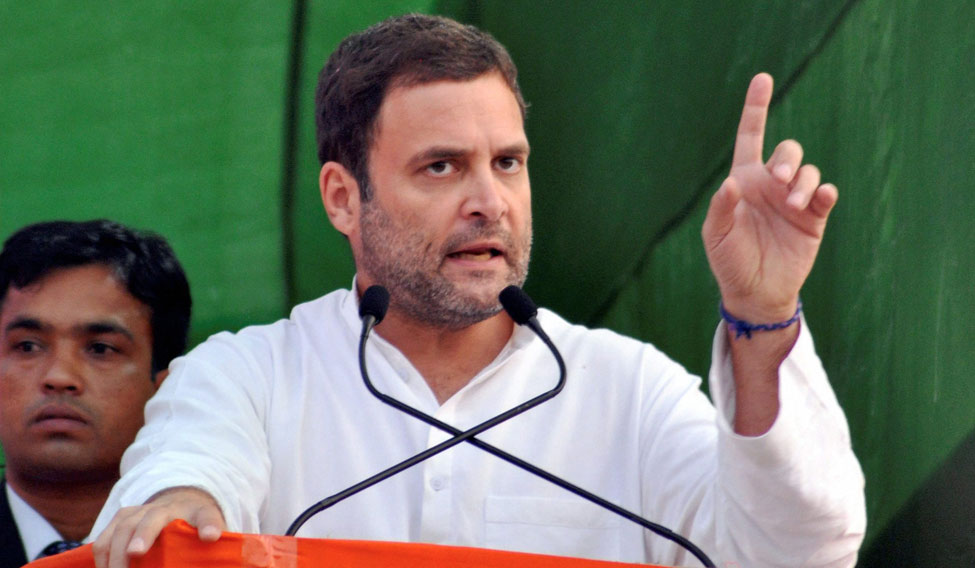When Rahul Gandhi made his speech at the University of California, Berkeley, around two months ago, it took some time for it to make an impact in India because of the time difference. It was still very early when the contents of the speech began trickling into the news space here.
However, soon enough, the BJP reacted. It unleashed Information and Broadcasting Minister Smriti Irani, who has fashioned herself as the main opponent of Rahul, having contested unsuccessfully against him in Amethi in the previous Lok Sabha election, to counter the Congress Vice President's criticism of the Narendra Modi government. She called him a 'failed dynast'. Irani was not the only one. Other BJP leaders, including the who's who of the Modi government, joined in to rubbish Rahul's speech.
While the BJP trashed Rahul's speech and said things to the effect that he was a political failure, the reaction conveyed the exact opposite. It was apparent that Rahul had hit the BJP where it hurt and raised issues that brought the focus well on the failures of the Modi government.
The Congress leader, who will soon take over as party president from his mother Sonia, seems to have found a comfortable space for himself when it comes to public oratory. The beginnings were far from confident, and he came across as someone who was nervous when addressing a crowd. Critics said he lacked charisma, and also pointed out that he would at times even lose the thread of the thought that he wanted to convey.
It was even said that he lacked consistency, and that at times while he would actually impress, like he did when he made a speech after his appointment as Congress vice president in Jaipur in 2013, prompting political observers to comment 'Pappu pass ho gaya', he would again deflate the morale of his supporters by making a gaffe.
When he made his 'Kalavati speech' in the Lok Sabha in 2008 during the trust motion against the Manmohan Singh government on the issue of the nuclear deal with the US, it had the unintended effect of inviting laughter and jeers from the opposition benches.
In 2013, as he addressed a function at Vigyan Bhawan in New Delhi, he left the audience puzzled as to what he meant when he said that the dalit community needed “the escape velocity of Jupiter” to achieve success.
However, it first became known that he could make an impact on his political adversaries with his speeches when he described the Modi regime as 'Suit boot ki sarkar', meant to project the BJP-led NDA government as being anti-poor and working only for the benefit of a few industrialists. The description stuck. Modi launched a series of pro-poor initiatives to shake off the title, which was made after he wore a suit that was monogrammed with his initials for a meeting with Barack Obama, the then US President.
More recently, the Congress leader made an impact by renaming GST as 'Gabbar Singh Tax' as he campaigned in poll-bound Gujarat.
Signaling that he is comfortable in his own skin now, Rahul recently acknowledged that Modi was a far better orator. The attempt is to come across as sincere and as someone who is earnestly wanting to raise issues that matter, as against Modi, who he wishes would be categorised as someone who is given to making fancy slogans, but achieving little.
Rahul's speeches are proving to be effective, and his partymen are hoping that he continues to be consistent in hitting the right notes.






